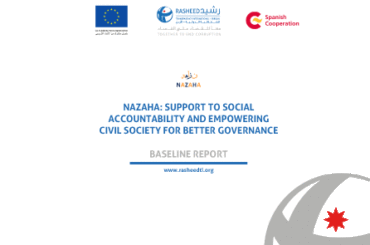Corruption is a complex phenomenon, and its analysis is extremely difficult due to the high degree of latency of this phenomenon. This is the reason that systems for assessing corruption and anti-corruption activities are characterized by low accuracy, subjectivity of assessments, and sometimes – political engagement of the results.
Depending on its size, corruption can have a dramatic negative impact on public finances: governments receive less tax revenue and overpay for goods and services and for investment projects. However, the costs of corruption are not limited to monetary losses: distortions in spending priorities undermine the ability of the state to ensure sustainable and inclusive growth. They divert the state’s resources from education, health care and effective infrastructure, etc. – precisely those types of investments that can increase the effectiveness of the economy and raise the standard of living for all.




